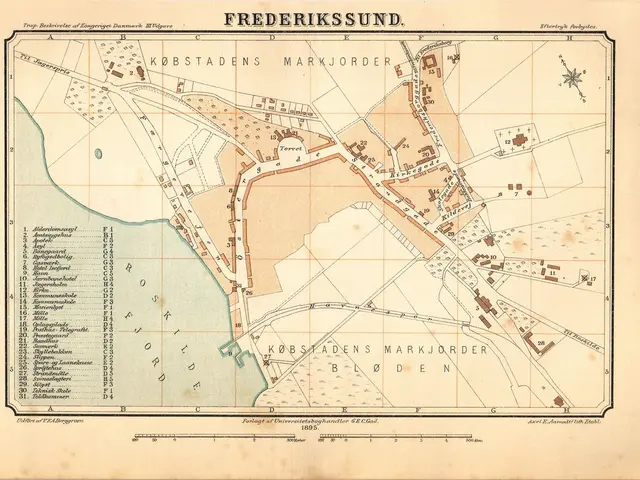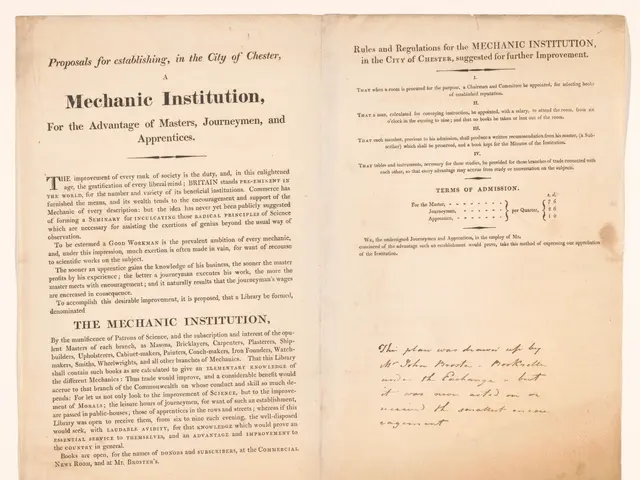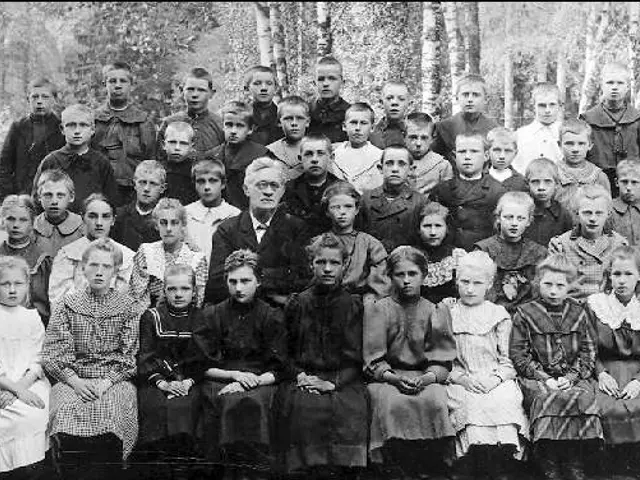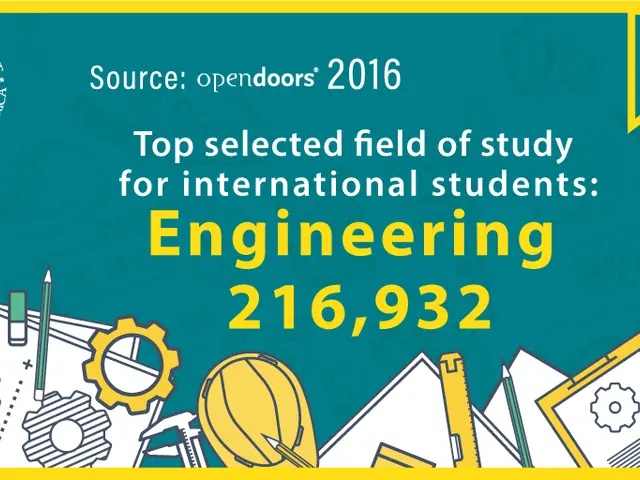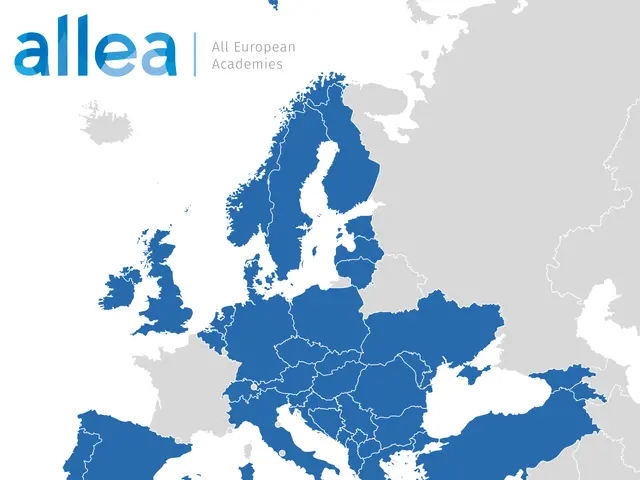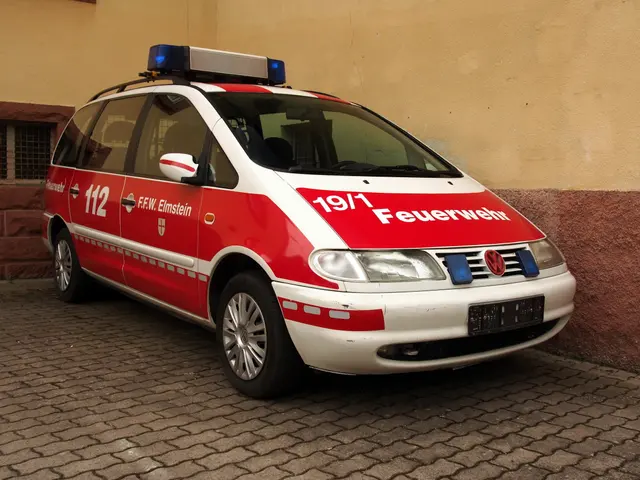Bolstering Indigenous Communities' Human Rights and Health in Chiapas: The Role of ACAS, A.C.
ACAS, A.C.: Empowering Women in Indigenous Communities
For over two decades, the civil society organization ACAS, A.C., based in San Cristóbal de Las Casas, Chiapas, has been tirelessly fighting for the betterment of health and human rights amongst indigenous groups, particularly the Tzotzil and Tzeltal communities.
A Passion with a Purpose
Established with the aim of promoting health and human rights, ACAS, A.C. has been diligently working towards its mission: to foster well-being through research, training, and the application of alternative models, all guided by the core values of participation, respect, solidarity, and social justice.
The organization operates primarily in four key municipalities in the V Altos Tsotsil-Tseltal region – Aldama, Chalchihuitan, Tenejapa, and San Juan Cancuc. Through its youth area, it produces educational materials in Tzotzil, Tzeltal, and Spanish, distributing these resources in schools, health centers, rural clinics, and via its digital platform Xun y Maruch on Facebook.
Breaking the Chains: Women's Rights Awareness
In April 2024, ACAS, A.C. partnered with Cultural Survival, securing a grant to produce 20 audiovisual materials and 20 audio recordings in Tzeltal and Tzotzil about women's rights in indigenous contexts. These materials emerged from workshops focused on sensitization and creation in native languages, aiming to tackle the issue of community norms limiting the exercise of women's rights and their access to information in their languages.
One participant expressed, "It's important to reflect a little on rights, and we wanted to do it in these three aspects: community, family, and personal, because we know it's different to live it in those three environments." This introspective approach allowed for increased awareness of inequalities and opportunities to overcome them.
The impact was profound: adolescents, young people, women, and men in the target municipalities bolstered their understanding of human rights, contributing to a culture of respect and equality. One participant suggested, "We can start building that message and spread it to other women, other communities, expand what we’re debating and reflecting on today."
Stepping into the Unknown: Overcoming Challenges
The indigenous communities of the Highlands of Chiapas face a myriad of complex problems in accessing health services and exercising their human rights:
- Inadequate health services: Local clinics are often starved of essential resources and medications.
- Discrimination and lack of information: Women grapple with cultural and linguistic barriers in accessing information about reproductive rights.
- Gender inequality: Patriarchal norms curtail women's participation in decision-making processes.
Seeking Solutions: Proactive Approaches
In response to these challenges, ACAS, A.C. offers comprehensive solutions:
- Training for health personnel: Encouraging cultural sensitivity and respect for indigenous traditions strengthens the delivery of health services to these communities.
- Human rights education: By hosting workshops in native languages, ACAS, A.C. empowers communities to assert their rights and makes them aware of their worth.
- Building stronger communities: By involving local leaders in planning and executing projects, ACAS, A.C. fosters community ownership and ensures sustainability.
A Beacon of Hope: Lasting Impact
ACAS, A.C.'s hard work in the communities has proven vital to the promotion of human rights and gender equity. The active participation of women and young people has accelerated the defense of human rights and promoted gender equity. The preservation of native languages has taken on renewed importance as a means to promote community well-being.
Reflecting on the journey, one participant said, "It's not all lost... we're here together and we'll see what we can do. We're also going to keep moving forward." The unwavering dedication and optimism expressed by the participants encapsulate the efforts of ACAS, A.C.
Valuable Insights: Pathways for Growth
- Community engagement is critical for the success of any intervention.
- Culturally sensitive and context-specific approaches are essential for the acceptance of solutions.
- Collaboration amongst organizations can amplify impact and maximize resources.
Moving Forward: A Shared Commitment
With growing resolve, ACAS, A.C. remains dedicated to ensuring that human rights and health are a reality for all in the Highlands of Chiapas. By working together to uphold inclusion, empower communities, and strive for equity, ACAS, A.C. continues to exhibit that change is possible for the common good.
Connect with Us
Website: https://www.trabajandojuntoschiapas.org.mx/; YouTube: https://www.youtube.com/@XunYMaruch; Facebook: https://www.facebook.com/XunYMaruch/.
- ACAS, A.C.'s mission in empowering women includes fostering mental health, careers, and personal growth through research, training, and the application of alternative models in education and self-development.
- In collaboration with Cultural Survival, ACAS, A.C. created audiovisual materials and audio recordings in Tzeltal and Tzotzil, focusing on women's health, addressing limitations on exercising women's rights, and promoting community and personal well-being.
- The implementation of skills training and human rights education for health personnel in indigenous communities would help bridge cultural gaps, ensuring delivery of health services sensitive to local traditions.
- Job search resources and career development opportunities are vital for the Tzotzil and Tzeltal communities to overcome economic barriers and access science and technology-based solutions for health-and-wellness improvement.
- Long-term impact is only achievable through continuous engagement with the communities, fostering collaborative partnerships, and ensuring that local leaders are instrumental in decision-making processes to achieve sustainable progress towards health, human rights, and gender equity.

